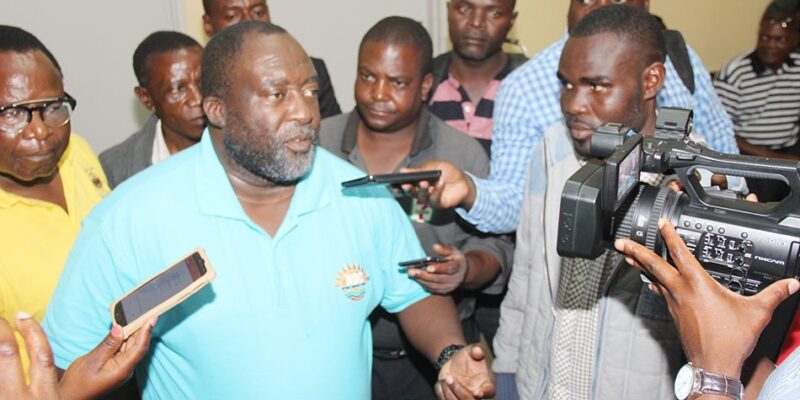President Bola Tinubu of Nigeria will on Sunday lead a strong delegation of six state governors and seven ministers to attend the 78th edition of the United Nations General Assembly holding in in New York from September 18 to 26.
According to the Special Adviser to the President on Media and Publicity, Ajuri Ngelale, the high-powered 17-man delegation is made up of the governors of Imo State, Hope Uzodinma, his counterparts in Akwa Ibom, Umo Eno, Gombe, Mohammed Yahaya, Kaduna, Uba Sani, Kwara, AbdulRahman AbdulRazak, and Seyi Makinde of Oyo State.
In a statement confirming the trip, Ngelale said the ministers on the list included the Minister of Foreign Affairs, Yusuf Maitama Tuggar; Coordinating Minister of the Economy and Finance, Wale Edun; Coordinating Minister of Health and Social Welfare, Dr Mohammed Pate.
Others are Minister of Defence, Abubakar Badaru; Minister of Solid Minerals Development, Dele Alake; Minister of Humanitarian Affairs and Poverty Alleviation, Dr Betta Edu; and Minister of Industry, Trade and Investment, Dr Doris Uzoka-Anite.
“Also on the trip would be the President’s Chief of Staff, Femi Gbajabiamila; National Security Adviser, Nuhu Ribadu; Chairman of the Nigerians in Diaspora Commission, Abike Dabiri-Erewa, and other senior government officials,” Ngelale said.
In the State titled, “President Tinubu set to attend 78th UN General Assembly in New York,” the presidential spokesman said
Tinubu would deliver his inaugural national statement on September 19, the first day of the high-level general debate of the session.
“The theme of the 78th UNGA is “Rebuilding Trust and Reigniting Global Solidarity: Accelerating Action on the 2030 Agenda and its Sustainable Development Goals towards Peace, Prosperity, Progress and Sustainability for All.
“President Tinubu will join other world leaders to participate in the high-level political forum on sustainable development (UN 2023 Summit on SDGs).
“His address will encompass several issues such as sustainable development, climate change, global cooperation, and the imperative to address inequalities and global humanitarian crises,” Ngelale said.

 Sports2 days ago
Sports2 days ago
 Metro2 days ago
Metro2 days ago
 Metro1 day ago
Metro1 day ago
 Culture2 days ago
Culture2 days ago































